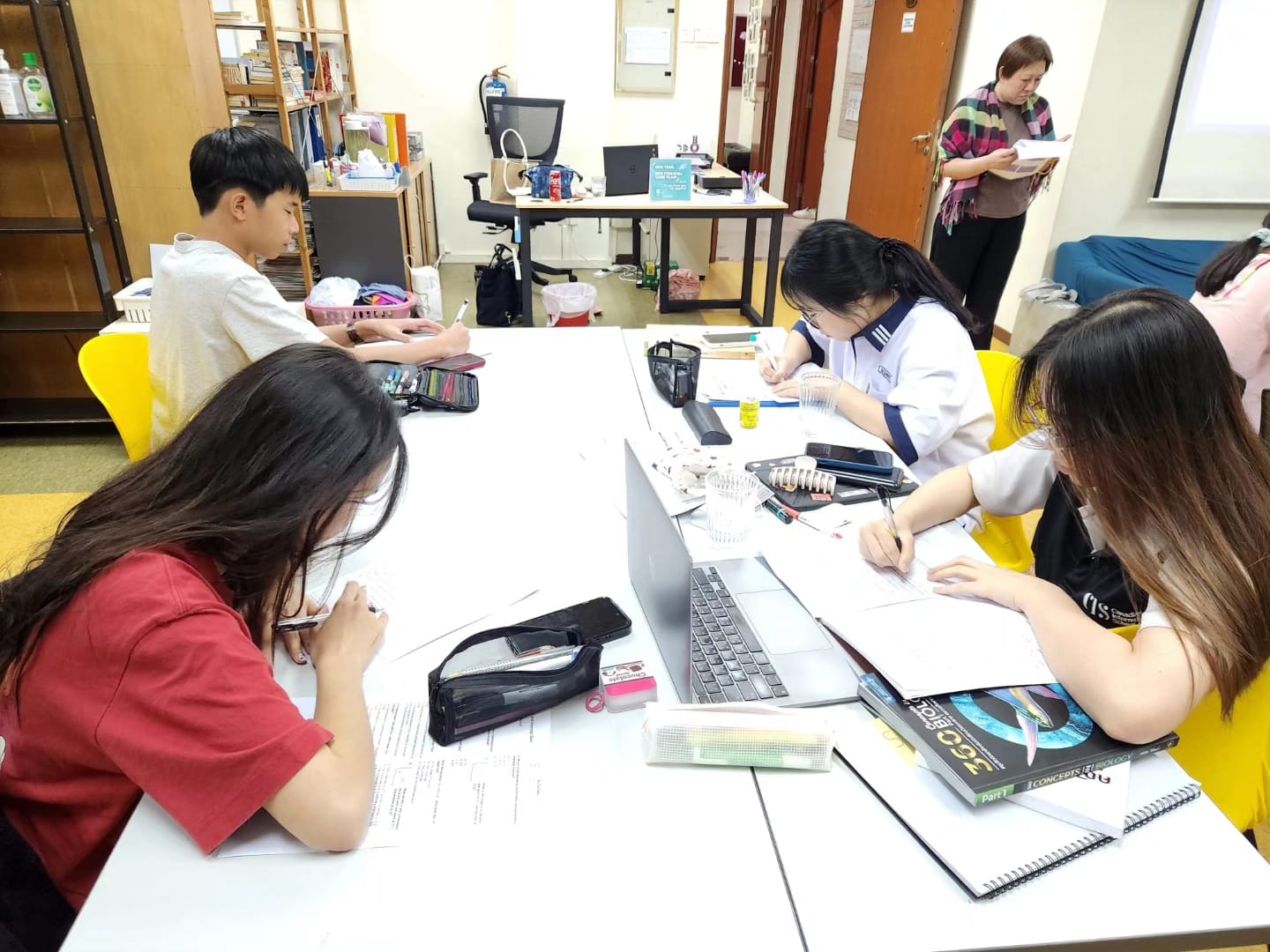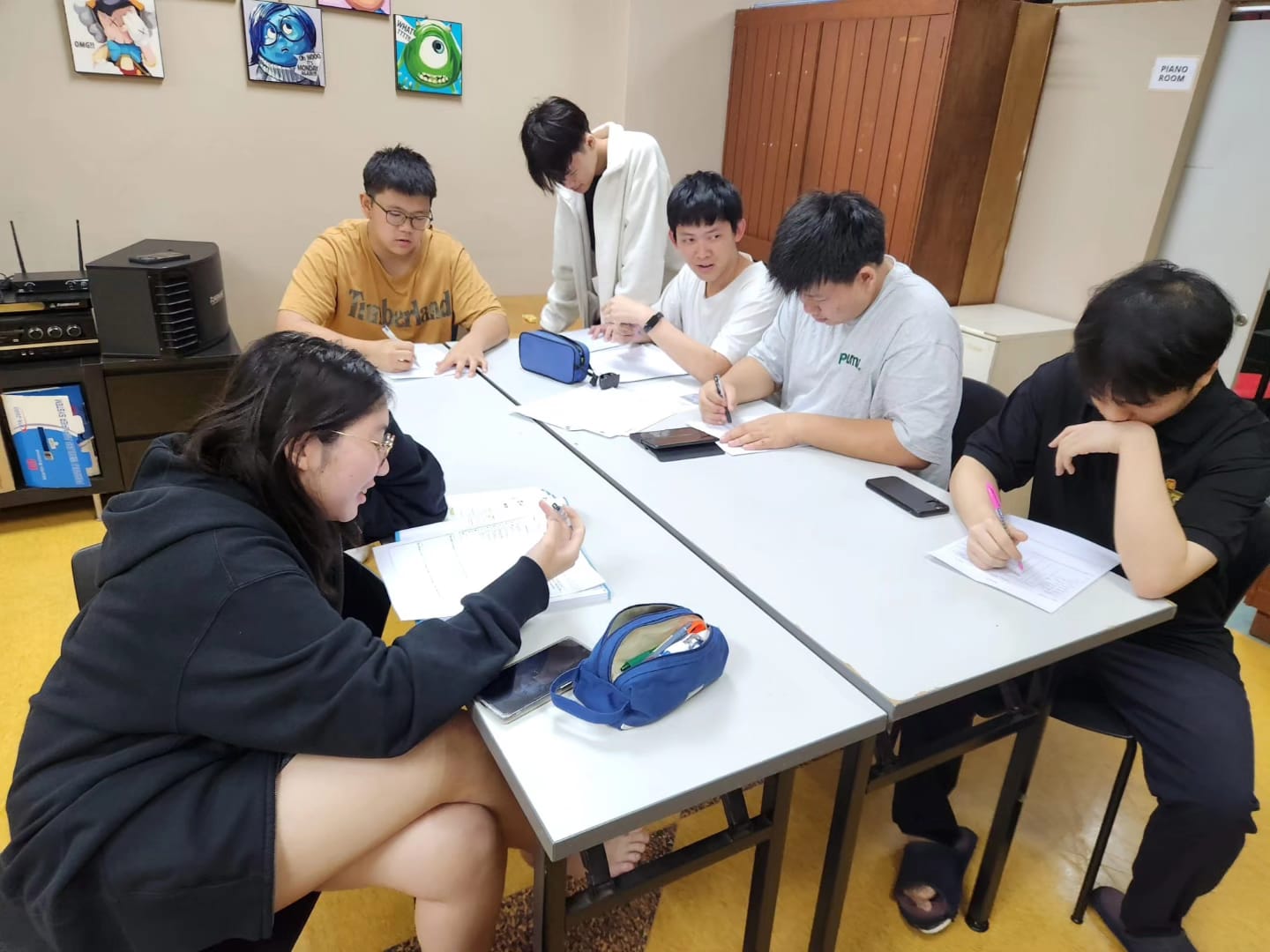Imagine walking into a dark room, fumbling to find your way. Without light, it’s almost impossible to know where you’re going, let alone reach your destination. Goal setting serves as the light that helps our children navigate their academic journey. As parents, it’s our responsibility to help them define these goals, providing guidance and encouragement to ensure they’re heading in the right direction.
Before we delve into the details of this topic, let us first clear out a common misconception about goals and another related concept – aim. Many of us use these terms interchangeably, but there is actually an important difference between the two. An aim is just a general intention of what one wants to achieve. For example: “I want to do well in school.” On the other hand, a goal is more specific and concrete. For example, “I want to score 80% in my Science exam.” In short, an aim is your why, while a goal is your how. “I want to do well in school so I have to score 80% in my Science exam.” In other words, both aims and goals are important.

Many students have general academic aims, but few have specific goals. As parents, we must teach students to have specific goals so that they are more guided in their academic journey.
So why is goal setting important for students? Goal setting provides a clear direction and motivation. It is like holding a map or a navigation app that tells you exactly what you need to do to get to your destination. Goal setting also encourages ownership and responsibility. It also builds self-confidence and a sense of accomplishment. As we know, children who take ownership of their goals are more persistent and perseverant.

What happens if a student has no academic goals? The consequences are more dire than one can imagine. Each day will be directionless with students lacking focus. There will be problems in time management and self-organisation. This leads to poor academic performance. Issues such as tardiness and absenteeism may arise too, for students will have reduced motivation and no sense of purpose. It will be a challenge for the child to go to school every day. Furthermore, it will be a challenge for the parents and guardians to guide a student with no academic aims, more so academic goals.
Goal setting is the key to unlocking your child’s full academic potential. By helping them set clear, attainable goals, we guide their academic progress. We also teach them valuable life skills that extend far beyond the classroom. With the end-of-year-exams just around the corner, let’s ensure our children are equipped with the tools they need to navigate their educational journey with purpose and confidence.













